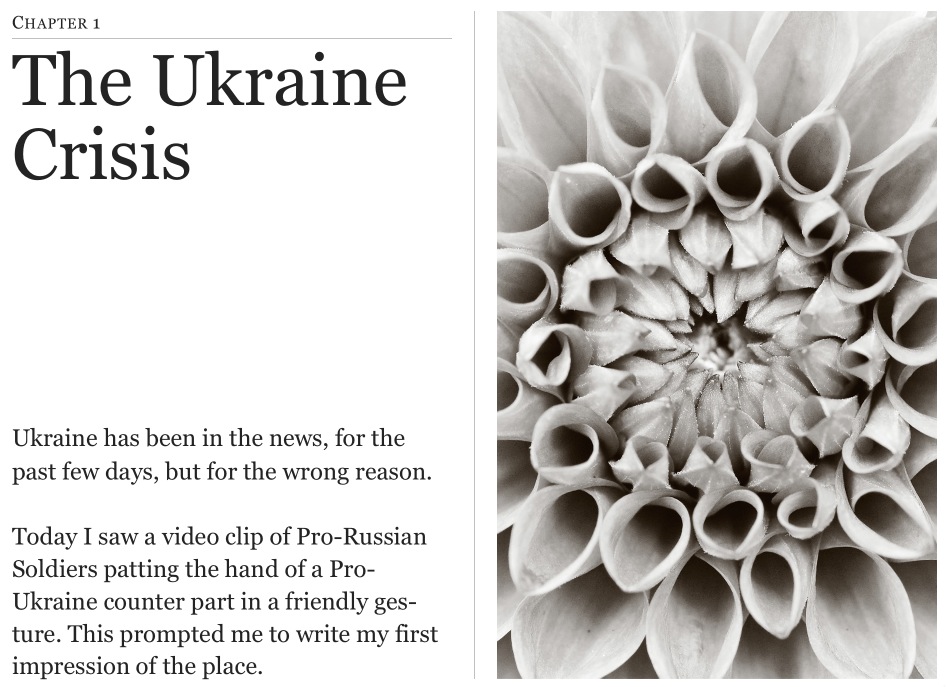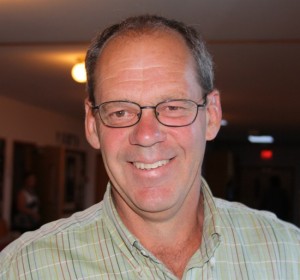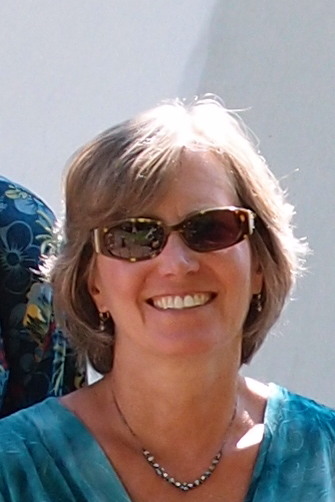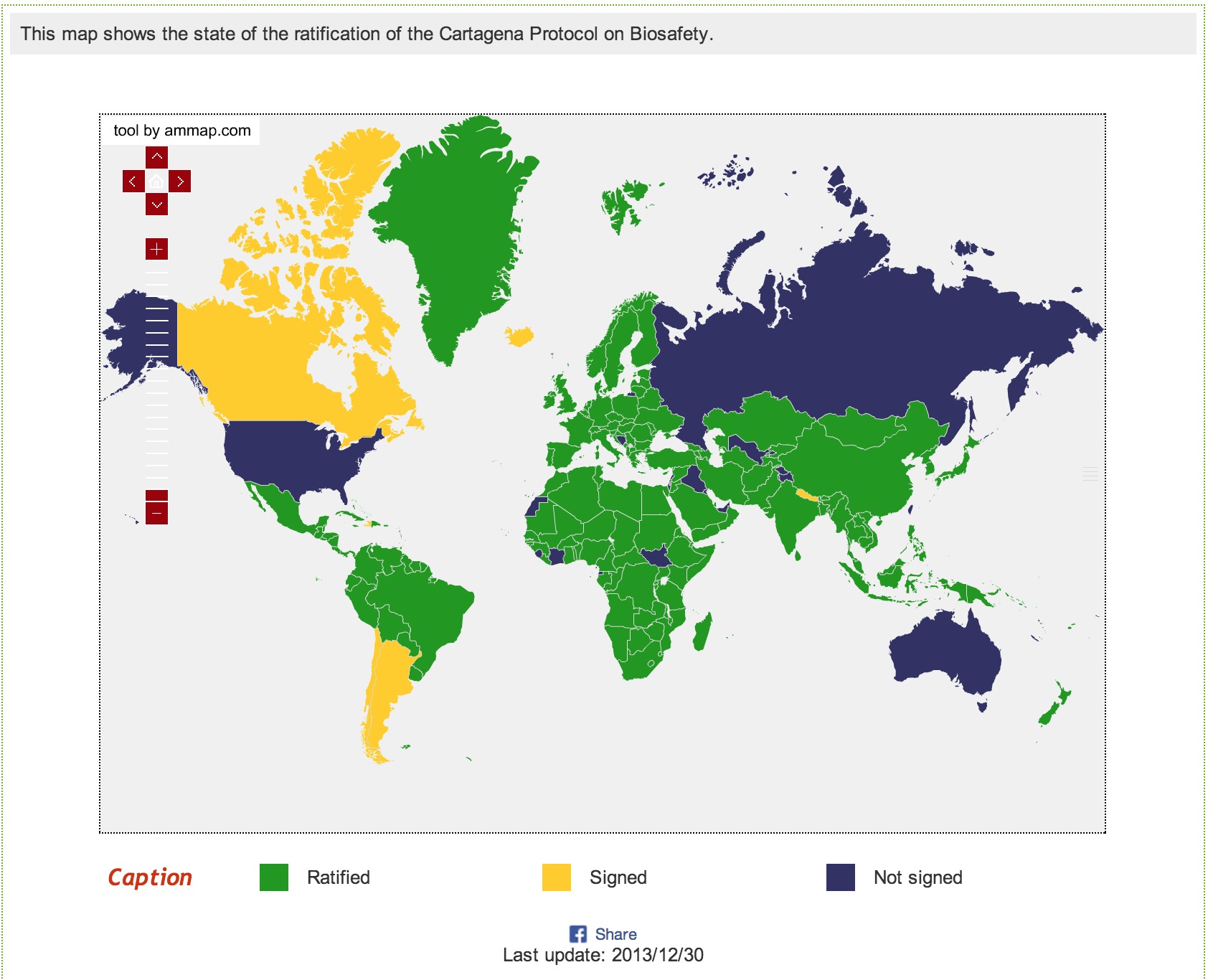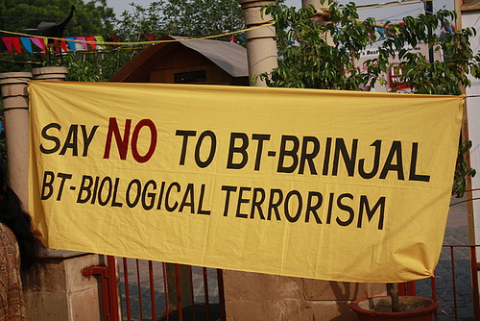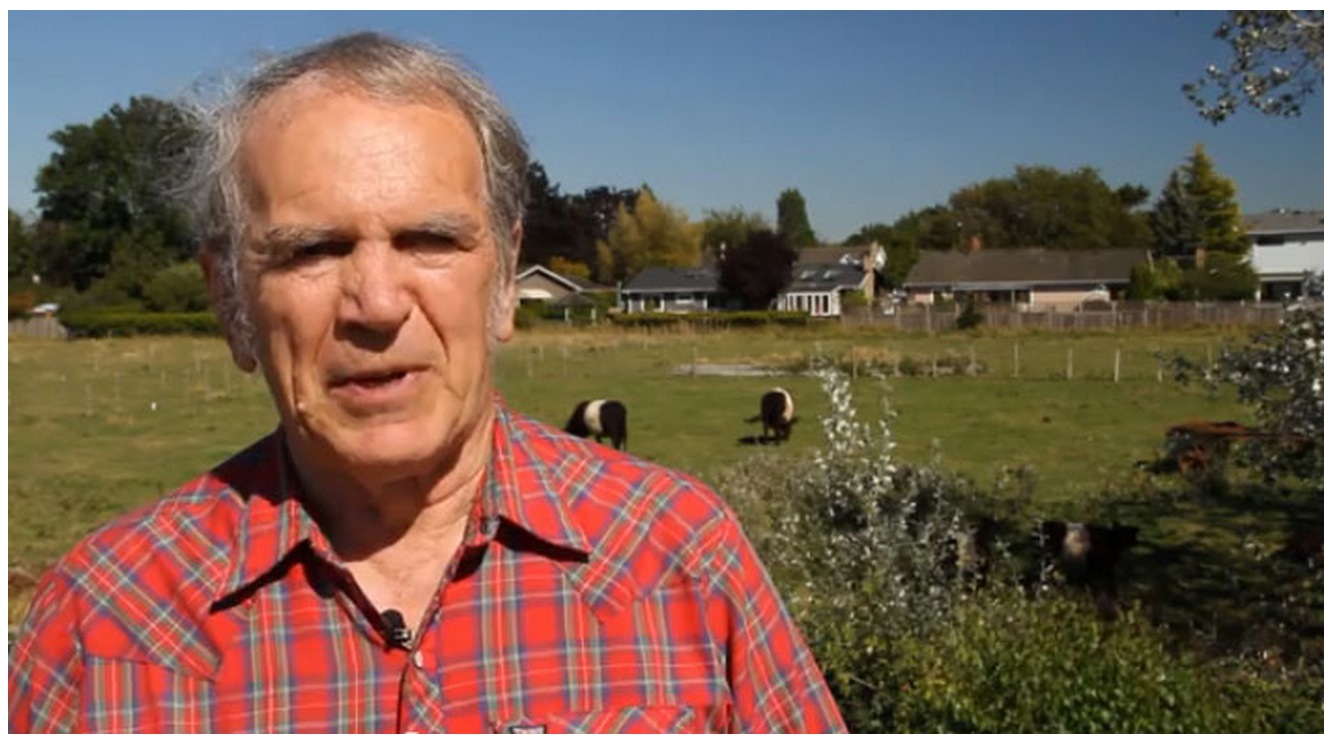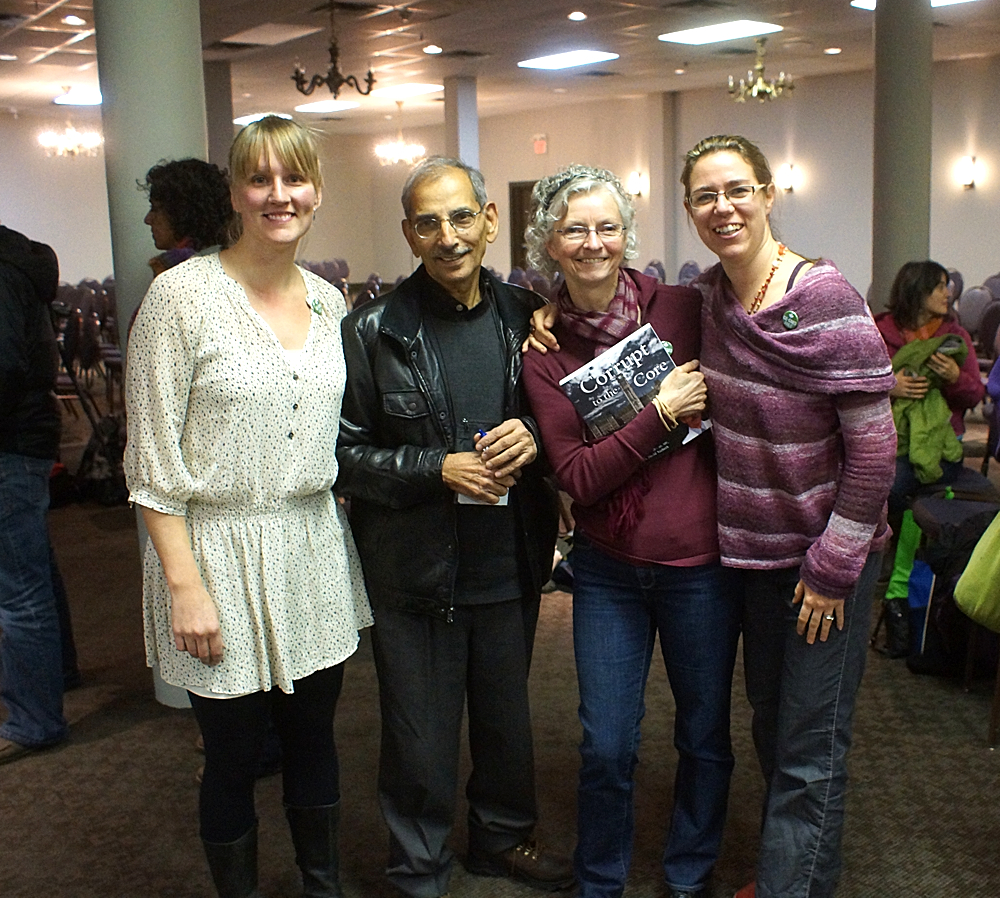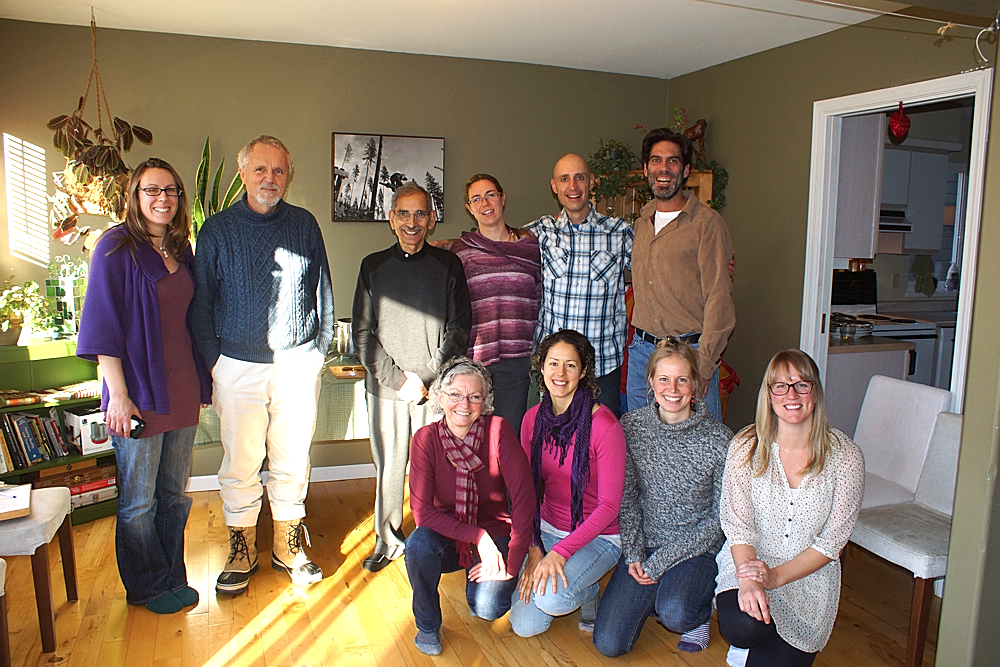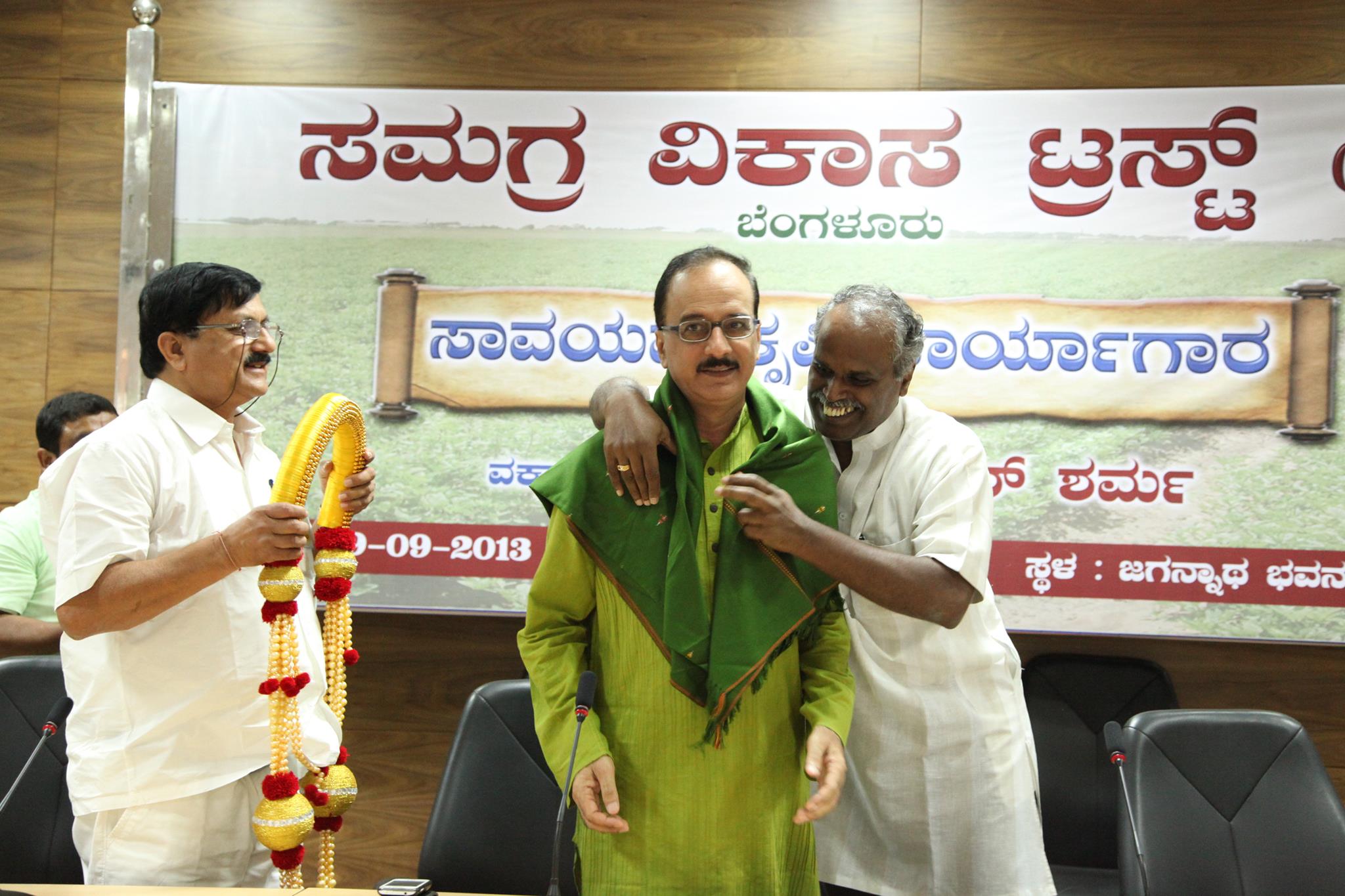Dr. Don Huber, professor emeritus of Purdue University, Idaho, is a microbiologist and plant pathologist that has worked for over half a century on chemicals such as Glyphosate, the active ingredient in Monsanto’s patented herbicide Roundup. He is well aware of how the chemical damages plants, as well as soil organisms, and how it damages the colony of gut bacteria that perform essential symbiotic services for humans and other higher animals. IN short, Glyphosate in our environment is a disaster that will have long term effects, spanning several generations, and there seem to be no end in site of this avalanche of bad chemicals permeating our neighbourhood.
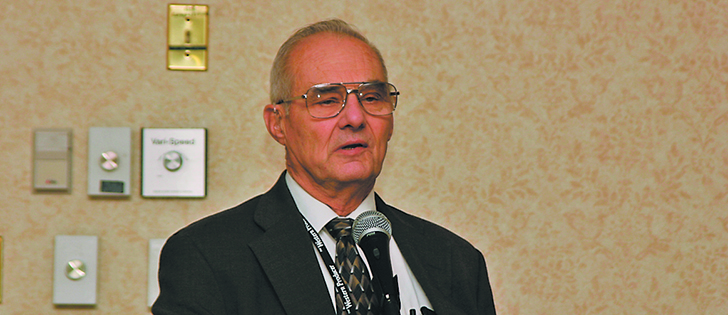
I spoke with him a few times over the past one month, to compile a 37 minute podcast. Further, he has sent me a CD full of information of his papers and independent studies, powerpoint presentations, PDF files, charts and other material related to this subject.
Salient points of the talks are:
- Dr. Huber has been researching and working on the ill effects of Glyphosate and other herbicides for 55 years.
- Glyphosate is not just a herbicide but also patented as an antibiotic. Both these functions, and its ability to chelate or capture important metals and minerals – essentially deny a whole host of micro organisms that depend on those metals to do their work, and often will kill classes of bacteria even in human guts, wrecking the persons biology and health.
- It disrupts the Shikimate pathway used by many gut bacteria for biosynthesis of important amino acids that we need. Also, while such beneficial bacteria are denied sustenance and are often killed off by Glyphosate. Not just that. Some of these bacteria prevent space for some of the harmful pathogens that are also in the plants we eat, thus protecting us from harm. However, when Glyphosate damages the good bacteria, it creates vacancy in our gut that can now be filled by the harmful pathogens which are also insensitive to Glyphosate, dealing us a double blow.
- Dr. Samsel and Seneff have worked on how Glyphosate helps increase our susceptibility to disease. These studies should be read and understood.
- Dr. Nancy Swanson has plotted the correlation graphs from information obtained from official sources such as Centre for Disease Control that points to identical rise of Glyphosate application and rise of chronic illnesses reported in hospitals.
- Soybean oil has been found to have 40 ppm of Glyphosate, which will kill all sorts of useful bacteria in our gut. The herbicide will also chelate and immobilize cobalt, manganese, iron, zinc and copper that we need ourselves for our own good health. Livers are affected. A very small part 1/10 of a ppm is often enough to cause serious harm. Even illness such as E.oli, salmonella etc can rise directly proportional to the increase of Glyphosate and GMO, along with autism, leaky gut, gluten intolerance, Parkinson’s, Alzheimer’s, diarrhoea, and similar very major illnesses begin to come back in pandemic proportions because of the disruption and destruction of our micro-biome.
- Once a patient’s gut bacteria has been seriously damaged, the only good cure may be fecal transplant. fecal bacteriotherapy or stool transplant. This essentially means taking stool from a healthy person and re-inserting it anally into a patient, transplanting the healthy bacteria to recolonize the gut. This has a high chance of recovery, but the patient has to onto organic diet, else he or she is likely to fall sick again.
- Independent science research through public funding is nearly gone. Science is now mostly funded by corporations who have a vested interest in funding studies that find good effects of their technology rather than possible unwanted side effects. So, science and technology is losing its neutral position and objectivity. Normally, Dr. Huber would not get funding for his work that mostly finds the dangers of using Glyphosate. He managed to conduct his long term study by doing independent consulting work and then donating to the Purdue University as grant money to support his research on herbicides. In other words he was partially or wholly, funding himself.
- There are written public statements of 26 scientists selected by the USDA to determine safety of genetically engineered plants, back in the 1960s. All 26 scientists wrote to the Govt. that they were unable to perform their work as the corporations would not provide access to information and were also prohibited to publish any finding to the public. Therefore they could not be objective in their investigation and without it the scientists could not do justice to the task.
- When asked why so many diseases are increasing to pandemic levels, the official response is they do not know why. There is a perception that the relevant departments of the Govt does not want to know the cause.
- Local troubles such as Yakima valley birth defect epidemic is a case in point where babies are still born and birth defects involving half the brain fails to develop in babies. This is suspected to be directly related to excessive application of Glyphosate in the farm and even in the water streams.
- Some Cattle Farmers are going out of business because cattle fertility has dropped so much that half the newborns are still born and the business becomes economically unviable.
- Europe is realizing they are in a dangerous situation with regard to Glyphosate, although their exposure is less than in USA. Yet, Dr. Huber laments that in USA people do not appear to be as alarmed as in Europe.
- 300 million pounds of Glyphosate is being used in agriculture annually in the US, and providing such food to animals and dumping such powerful herbicides in the environment indiscriminately – we can expect dangerous effects on our environment.
- This is a crisis for our children. Autism is around 1 in 50 today. it is going to rise to 1 in 2 in the next seven to 14 years. Back in 1960 it was 1 or 2 in a hundred thousand.
- Fecal transplant can be beneficial treatment for a number of illness – autism in kids, leaky guts, crone, celiac, Parkinson’s and even diabetes. Glyphosate is also related to cancer – childhood cancer. Dr. Huber does not know if fecal transplant can cure this kind of cancer once initiated by effects of Glyphosate. Seralini research is an example. Although his study was not set up to check cancer, it did show signs of cancer development in rats.
- Regarding testing water, human blood or urine for presence of Glyphosate – Microbe Inotech Laboratories (http://www.microbeinotech.com/) can conduct these tests./ It might be useful to check with them if they also test for AMPA, especially if water sample are to be tested. IN Human Urine sample, presence of AMPA is expected to be rather small and could be ignored. AMPA is the first breakdown product of Glyphosate and is just as toxic as Glyphosate. Therefore, for testing soil or water, testing for both Glyphosate and AMPA combined would give a better result, since the percentage of AMPA can be more than 50% at times, the rest being Glyphosate that has not yet broken down.
- If there is shortage of funds for large scale testing, then first concentrating on testing of Urine would be a better way to give an indication of exposure by humans to this dangerous herbicide.
- How does one get rid of Glyphosate ? Detoxifying soil or water from Glyphosate is possible, through chelation. But if Glyphosate is in the human body already, it needs to be eliminated, and that can cause difficulties. Kidney failure in central America and Sri Lanka are relevant here, as Kidney shuts down and cannot handle the accumulation of Glyphosate.
- Dr. Huber goes to Guatemala, as a consultant, regularly, as they in central America and many other countries there are trying to find ways to ban or remove Glyphosate from their environment. Their effort to ban Glyphosate is being challenged at courts, and the corporations have tried to confuse the issue and applying pressure on the Govts. A lot of farm workers in sugar plantations have died last year due kidney failure. Brasil and Argentina are also looking at banning Glyphosate. Hawaii has banned it but they are being sued now.
- You can listen to the podcast by clicking the link below or check it up at iTunes as a podcast under my name (Tony Mitra).
Feel free to send me a note or a suggestion at tony.mitra@gmail.com

